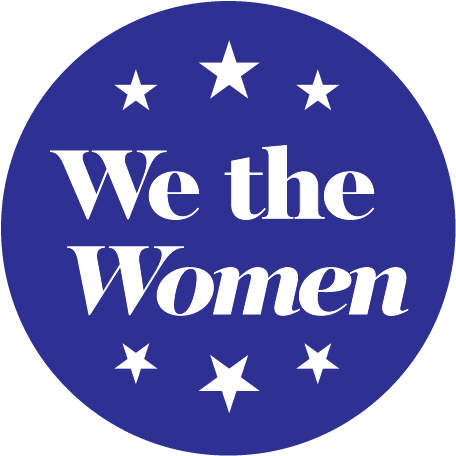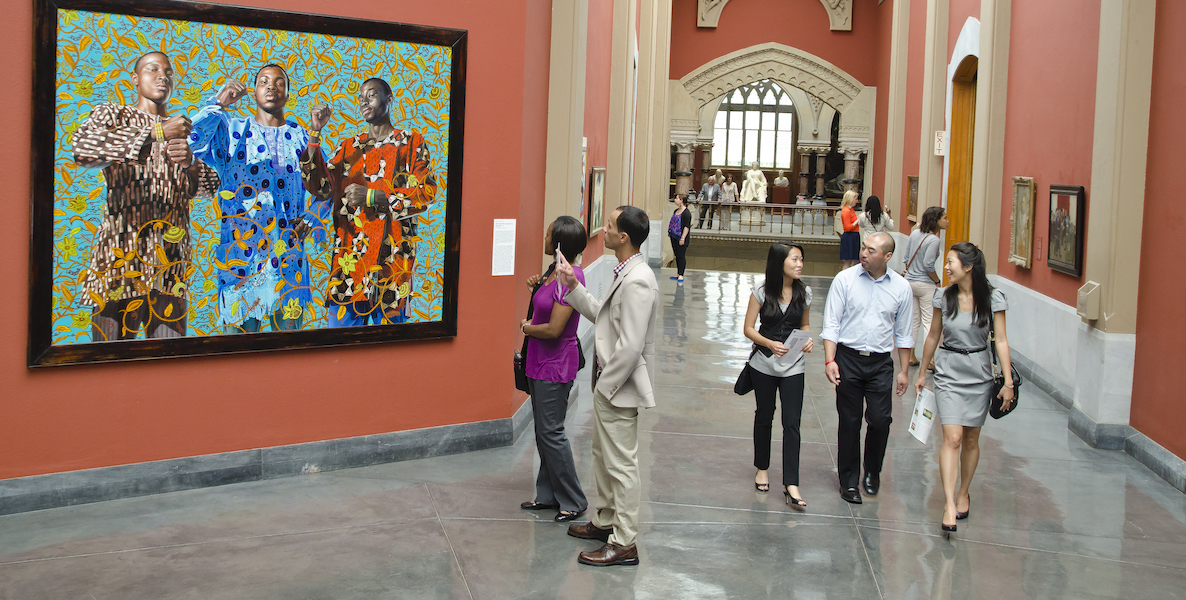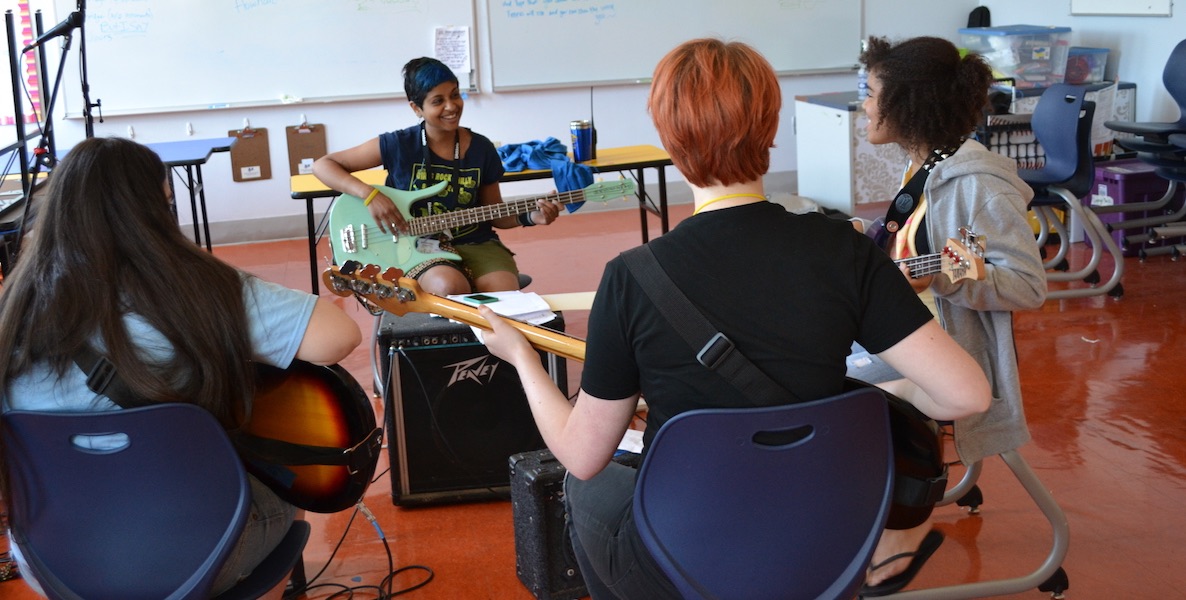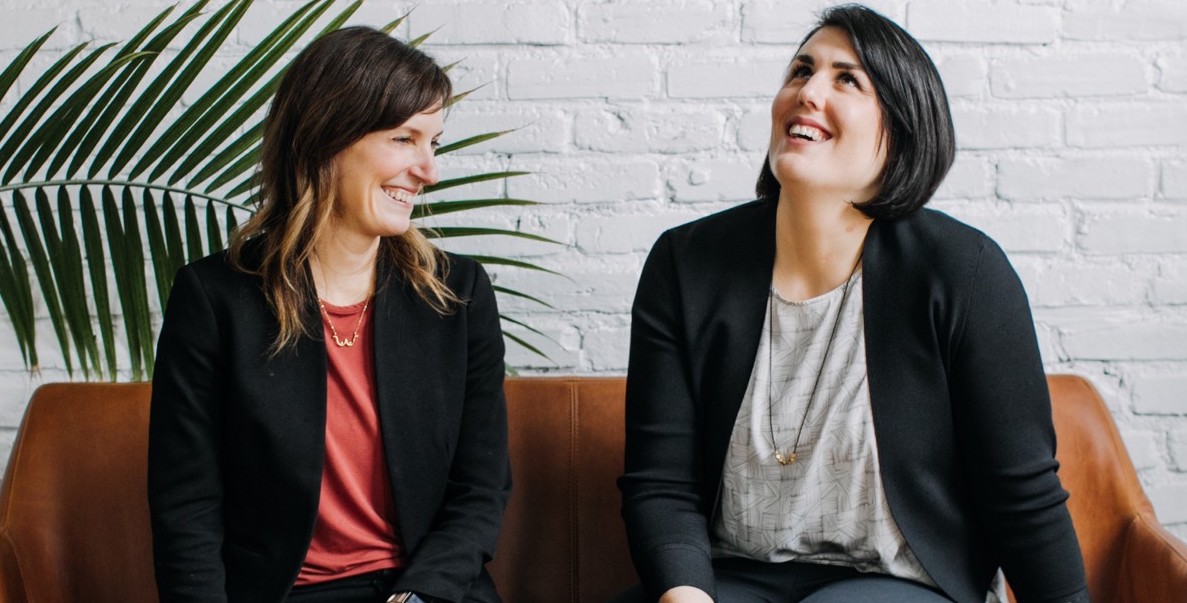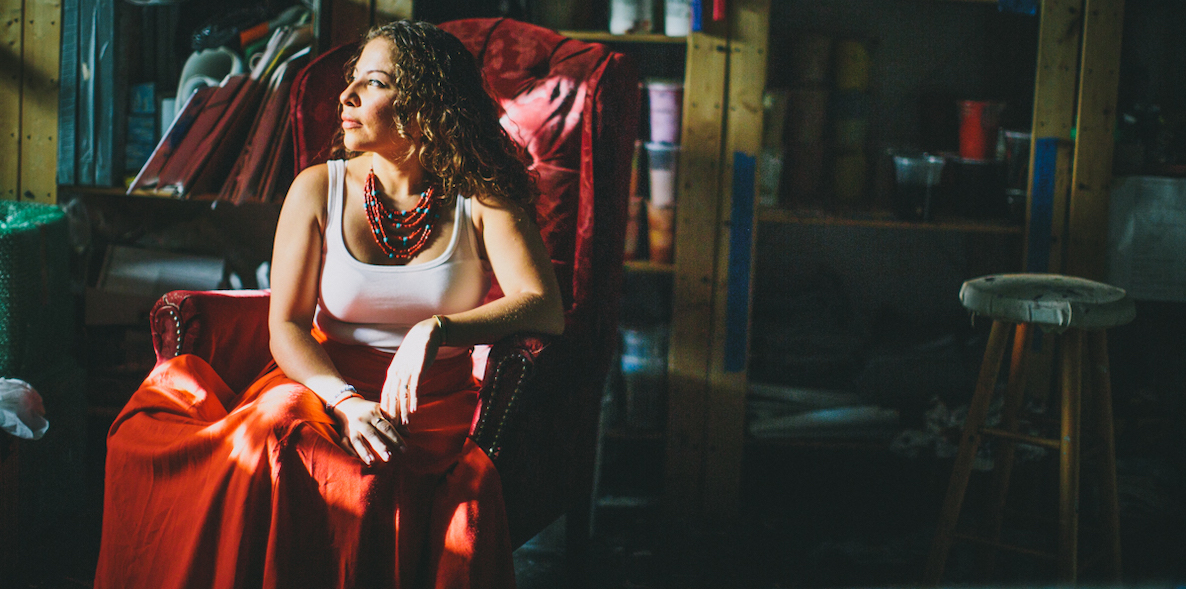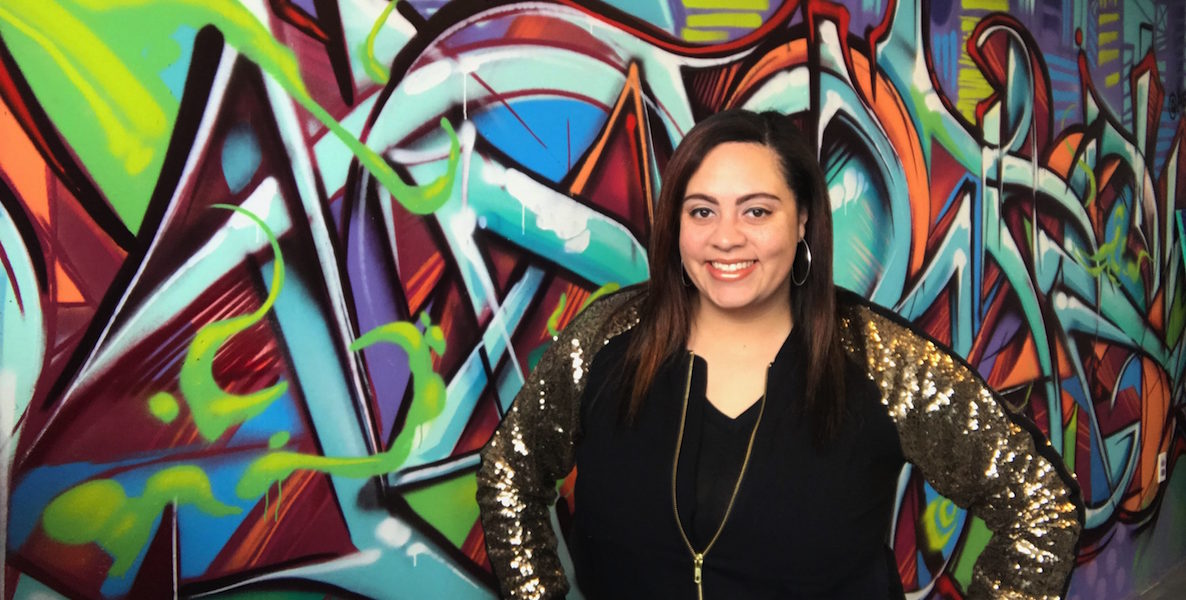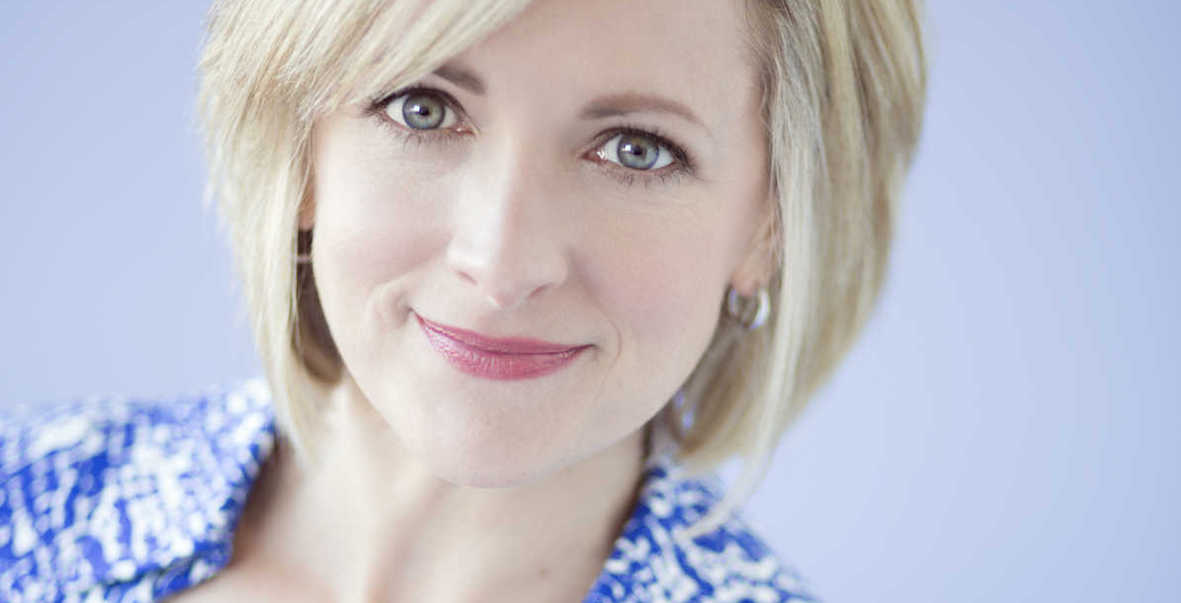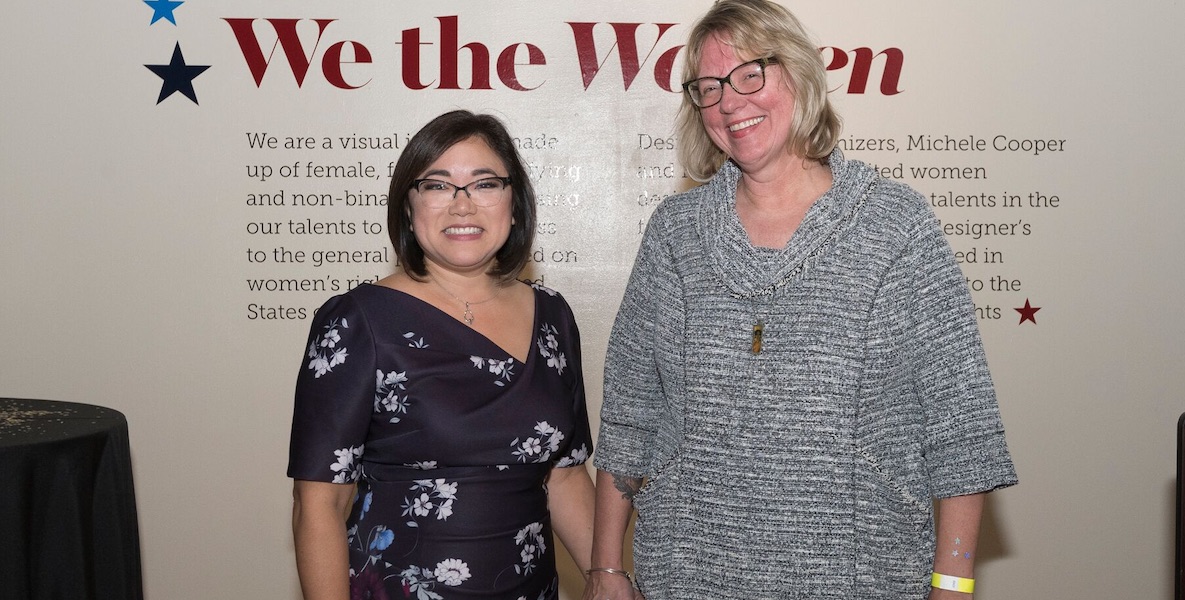Since the 2016 election, there’s been no shortage of outlets for women, and those identifying as such, to give voice to their concerns and fears. We have marched. We have run for office. We have gotten out the vote and the merch and the mantras and the memes.
Buy a poster (or postcards)Do Something
It started out as a “kind of “designer therapy” challenge, sent to 32 female, female-identifying, and non-binary graphic artists in the fall of 2018: Take a blank page, 18” x 24”, with no constraints or limitations, and express something, anything, about women’s rights.
“What is the thing you would want to say about this issue?” Cooper asked the artists. “How do you feel?”
The designers used those blank canvases to create 39 posters addressing challenges unique to women, from affirmative consent, reproductive health, equal pay and employment laws and political representation, to more general calls for female empowerment and appreciation for powerful female role models. Today, those designers make up We the Women, a poster collective with its roots in Philly.
“I wanted to get the idea across that these are not new issues. They have been around forever,” Meloney explains. “We don’t choose peace or war, but we’ll fight if we have to.”
“This is sort of a time capsule of what is happening right now in women’s rights in the U.S., which are specifically under attack,” says Cooper, who launched the project with fellow longtime Philly designer Holohan. “This is just one way to showcase that, and for graphic designers to have the opportunity to do what they do best.”
We The Women taps into the spirit of poster movements throughout American Or support women who doRun for office
Karen Watkins, an exhibition designer, West Chester University professor, and former student of Holohan’s, for example, created a poster focused on reproductive health and abortion entitled This Land is My Land (after the Woody Guthrie song). The poster depicts a female body with the words “This Land is My Land” written just at her hips, and below this a triangle-shaped version of an American flag. 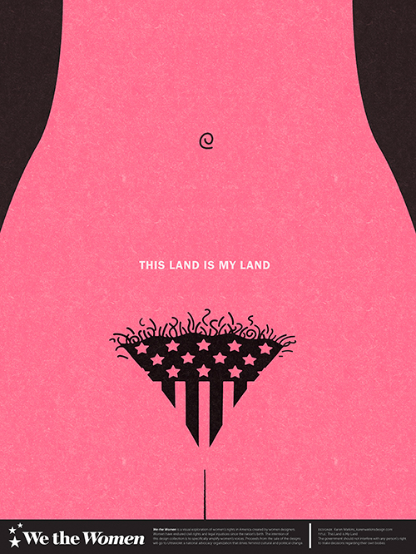
Vicki Meloney, a graphic designer who has taught at Kutztown University for 16 years and went to graduate school with Holohan, titled her poster Danger to Democracy. She borrowed symbols from the American Presidential Seal, above the words, “Gender inequality is a clear and present danger to democracy and other fine institutions.”
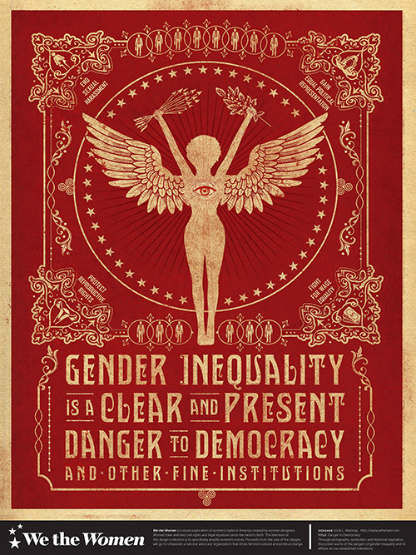
Neither Cooper nor Holohan are strangers to social justice issues, and both have merged their creative design skills with their activism over the course of their careers. They feel they have to, given their backgrounds: Cooper is a woman of color; Holohan, who is white, identifies as “queer and a woman, both marginalized communities.”
In 2017, Cooper founded Sisters in Solidarity with fellow designer Rose DiSanto and Holohan’s wife, Margaret Sommer. The group met monthly to write postcards to elected officials. “Sometimes it was to rant and rave, sometimes to say thank you,” explains Cooper.
They also brought in representatives from advocacy groups like Turn PA Blue, to speak at their meetings, and over time, the group became increasingly interested in doing more. “We ended up honing in on the importance of having women involved in politics,” Cooper says. Many of the group’s members were designers, and hearing from visiting groups inspired them to use their skills to make a point.
That Cooper and Holohan—who is a Sisters of Solidarity member—would do this Stories about women and artRead More
Proceeds from the posters, which so far have generated $2,000 in revenue, are going to UltraViolet, a UK-based women’s advocacy group whose work in the U.S. has included, most recently, a protest in Manhattan last month to call for the resignation of NBC News President Noah Oppenheim, in the wake of allegations in Ronan Farrow’s new book, Catch and Kill that the company covered up sexual assault and harassment.
The collection was also featured in an exhibition at the African American Museum in Philadelphia, which recently ended; Cooper and Holohan are working to have it travel elsewhere.
Cooper and Holohan have long histories in the Philadelphia design world. Cooper is the co-founder of Cooper Graphic Design, and Holohan is the principal of Holohan Design; both are past presidents of the Philadelphia chapter of AIGA, the professional associations for designers. Holohan also serves as Program Head of Graphic & Interactive Design at Tyler School of Art and Architecture at Temple University. She has been teaching at Temple for nearly two decades, and many of the collective’s designers are her former students—ranging from last year’s graduates to those who left her 20 years ago.
We The Women’s designers range in age from their early 20s to their early 60s; one poster features artwork drawn by the designer’s 10-year-old niece. For now, the collective does not include any male designers. “It’s not that we don’t recognize the importance of allies,” Holohan says. “Of course we do. But at least in this first iteration of the project, we felt it important that those voices come from within.”
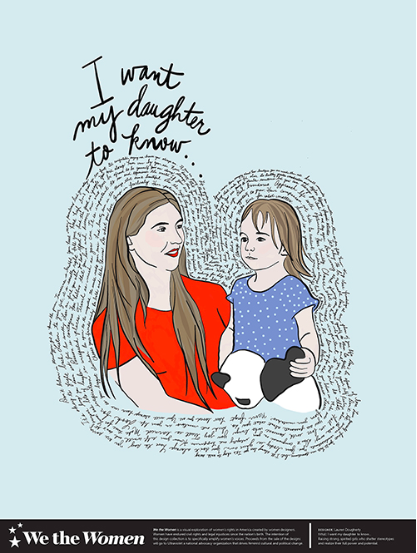
Amy Martin, co-president of the Women’s March on Philadelphia and the mother of two girls, attended the exhibit at AAMP and says she was particularly drawn to the poster, I want my daughter to know by Lauren Dougherty, a graphic with a mom, her daughter and a stuffed animal. “That’s one that I would consider getting and framing,” says Martin, who says she is talking to We The Women about collaborating on a project for the Women’s March in January. “Different posters are going to resonate with different women. Everyone has their own experiences. Bringing more recognition to various issues pertaining to women in whatever way possible is awesome.”
Michele Cooper and Kelly Holohan of We the Women poster collective. Photo by Sam Fritch

